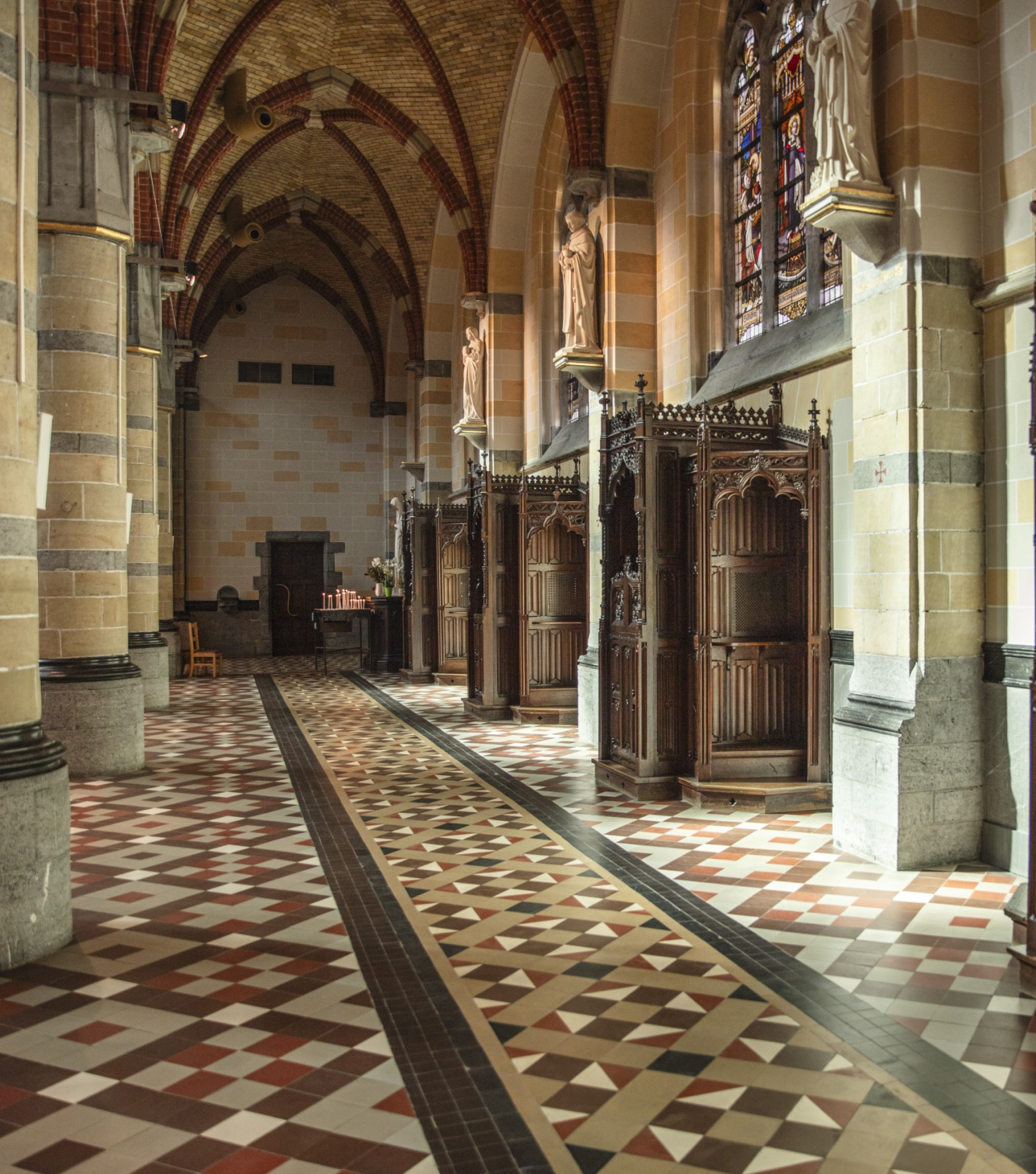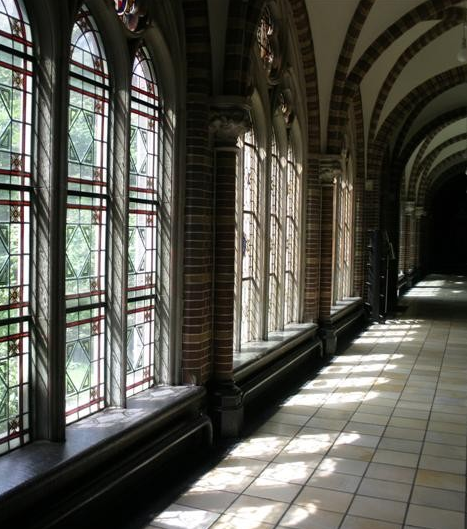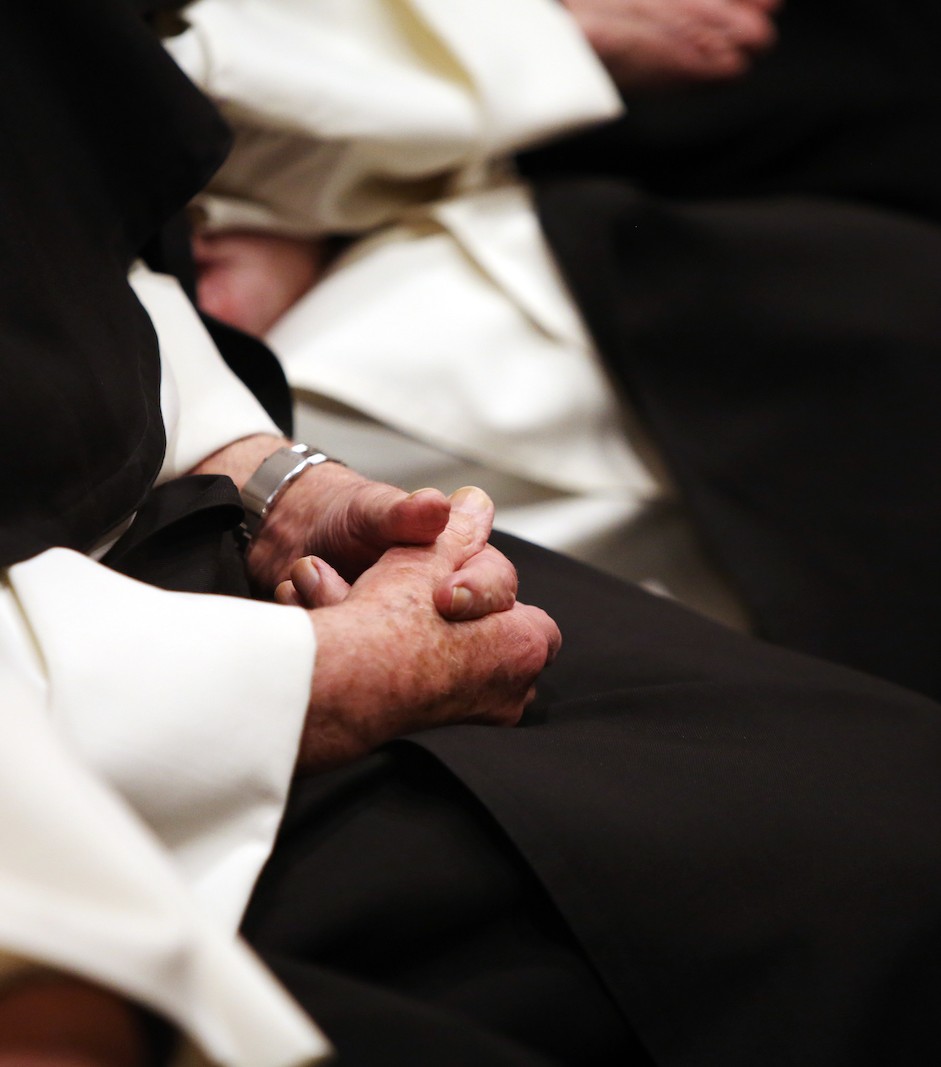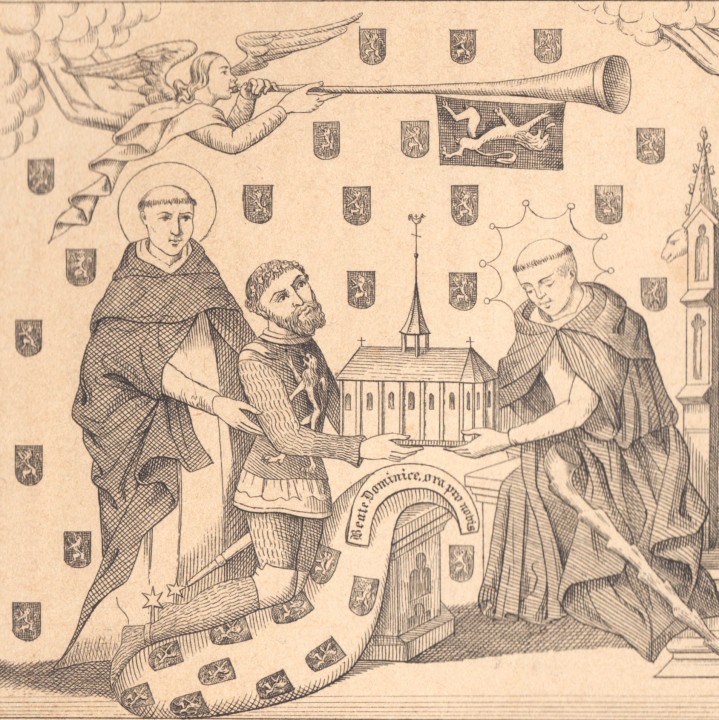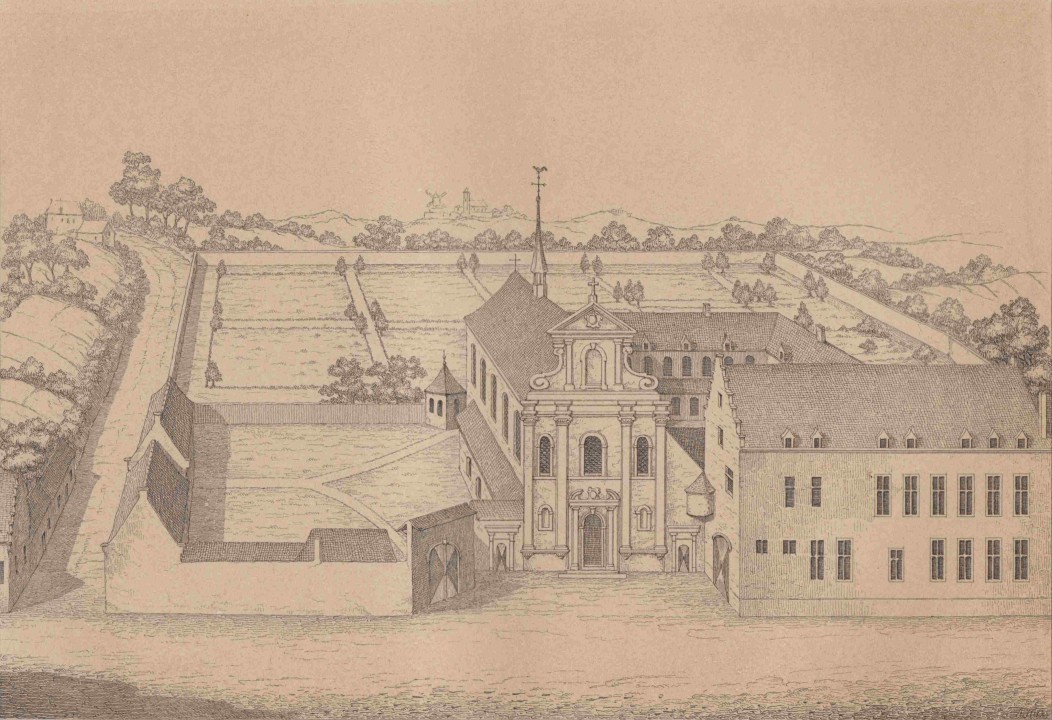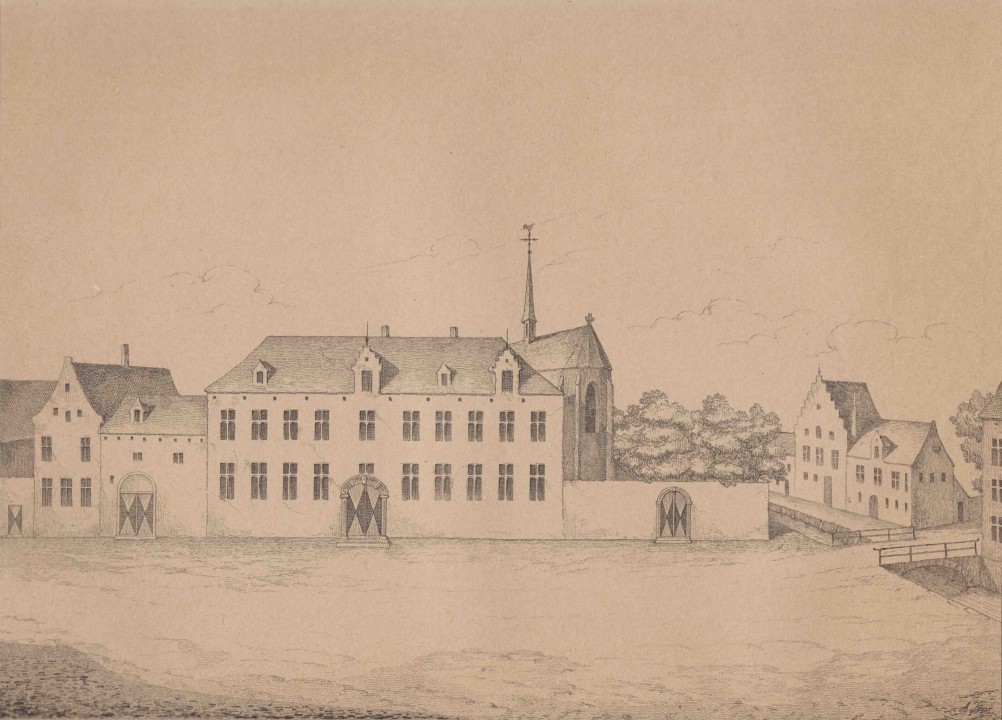Theme
The Order of Friars Preachers, better known as the Dominicans, has a long and rich history in the city of Leuven. As early as 1228, seven years after the death of their founder, the first friars arrived in the city on the banks of the river Dyle. They were allocated an area on the ‘Duke’s Island’ to build a priory. In 1447, this priory – together with that of the Franciscans and the Augustinians – was incorporated into the Leuven university, founded some twenty years earlier. This largely exempted the Dominicans from municipal authority and allowed them to benefit from university privileges. Some friars even held a chair at the faculty of theology. The Dominican presence in Leuven was further strengthened in the 17th century, when – in the context of the Protestant Reformation – both English and Irish Dominicans founded priories (in 1647 and 1650 respectively). In 1654, the brethren from different nationalities were joined by a group of sisters ‘exiled’ from the northern Netherlands, who also founded a monastery.
Under the Josephinist and the French revolutionary regimes in the late 18th century, these Dominican houses were largely lost. Only the medieval Church of Our Lady of the Friars Preachers (Onze-Lieve-Vrouw-ter-Predikherenkerk) remains as a silent witness to this rich past. In the 19th century, however, Dominican life resumed in Leuven. The nuns settled in Terbank, at the outskirts of the city, while their male counterparts founded a priory in the city center in 1856/1857. In 1859, Master of the Order Alexandre-Vincent Jandel decreed that this priory would also house a studium generale, again tying in with the international, intellectual tradition of the late Middle Ages and the Ancien Régime.
In 2025, the Leuven Alma Mater will celebrate the 600th anniversary of its foundation. Six centuries, in which the Dominican order was not a spectator but an active participant in the university and in city life, sharing in all their ups and downs. This seminar will examine the triangle of Dominican order, city and university from a historical perspective. What kind of theology and philosophy did the friars produce? Was the focus mainly on intellectual work, or was pastoral work also done? How were the friars – the ‘indigenous’ ones, but also the English- and Irishmen – embedded in the social, ecclesial, and academic fabric of the city? What about the material aspects of their life in Leuven? What did the life of the sisters look like, and what were their apostolic activities?


